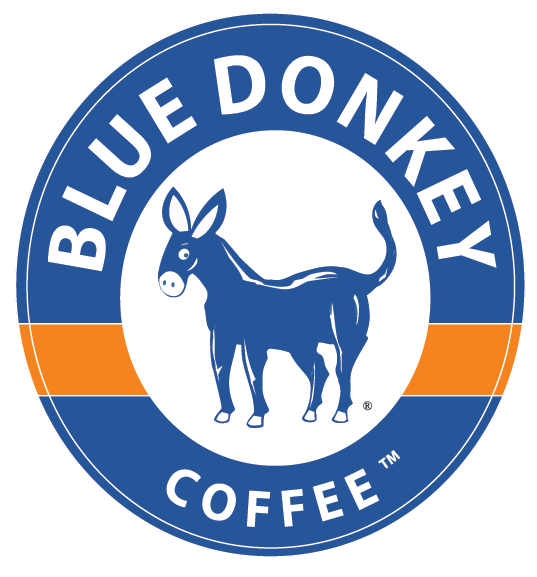Sustainability
We pride ourselves in our commitment to being good stewards of what has been given to us. We go above and beyond to work with local vendors, only natural products, and recycle and reuse most of our waste. We reuse all our brewed coffee grinds by using it as compost in our home organic garden. (It makes perfect 100% natural compost). We also provide the used coffee grounds to local gardeners in the Atlanta and south Atlanta area. In addition, we strive to work only with recyclable packaging and are researching 100% biodegradable materials for our coffee bags and single-cup line.
We believe in honesty, transparency, and integrity in every step of sourcing, transportation, roasting, grinding, and brewing.
FAIR-TRADE
Fair-Trade enables farmers to be self reliant by guaranteeing a minimum price paid on their coffee beans. Through Fair-Trade, farmers are able to earn a better incomes, allowing them to hold on to their property and and invest back into quality by implementing new techniques of planting, picking, and harvesting. Fair-Trade also brings together farmers and roasters to form a long-term relationship committed to protecting the environment and investing back into local communities. Thus, when you buy Fair Trade Certified products you directly enable the progression of communities, families, and the environment. At Blue Donkey, we carry many Fair-Trade coffees including the wonderful Ethiopia Yirgacheffe Organic Bird-Friendly variety. We truly believe Fair-Trade Certification is the road to take to ensure everyone is getting the right price for their product.
Organic Coffee
Several of our coffees are 100% Organic. Certified organic means coffee that has been inspected thoroughly for the use of only natural practices. Inspectors test soil, leaf, and beans for chemical residue, as well as inspecting roasting facilities. Organic coffee agriculture can improve the native environment's resistance to pests and disease. Organic coffee is generally shade-grown, an attribute that promotes forest preservation. Organic coffee also many times minimizes soil erosion and creates a broader healthy ecosystem.
Direct-Trade
We have direct relationships with our coffee farmers at the Santana Estate in Brazil and the Tolupan indians in Honduras. In Brazil, our ties to the Santana farm go way back to family connections to the Brasileiro family in Minas Gerais, Brazil. We work together with the farmers to offer the best possible cup for the consumer. We also pay above standard prices to the farmers as we cut out many of the middlemen. Most importantly we are able to directly see what's going on in planting, harvesting, cultivating, and transportation. We are highly invested in the quality of the coffee and deeply care whether the economic, social, and environmental practices are being met by all parties in the cycle of our coffees.
Bird-Friendly
Surveys by biologists have found that a bird friendly shade coffee plantation is home to almost as much biodiversity as untouched forest. Bird Friendly is a certification created by the Smithsonian Migratory Bird Center (SMBC). Bird Friendly standards are the strictest of the third-party environmental standards. Certified coffees carry this seal and require a minimum of 40 percent shade coverage and also make recommendations for the diversity and size of trees that make up the forest canopy. Several of our coffees are Bird-Friendly including our Ethiopian, Honduran, and Sumatran.




